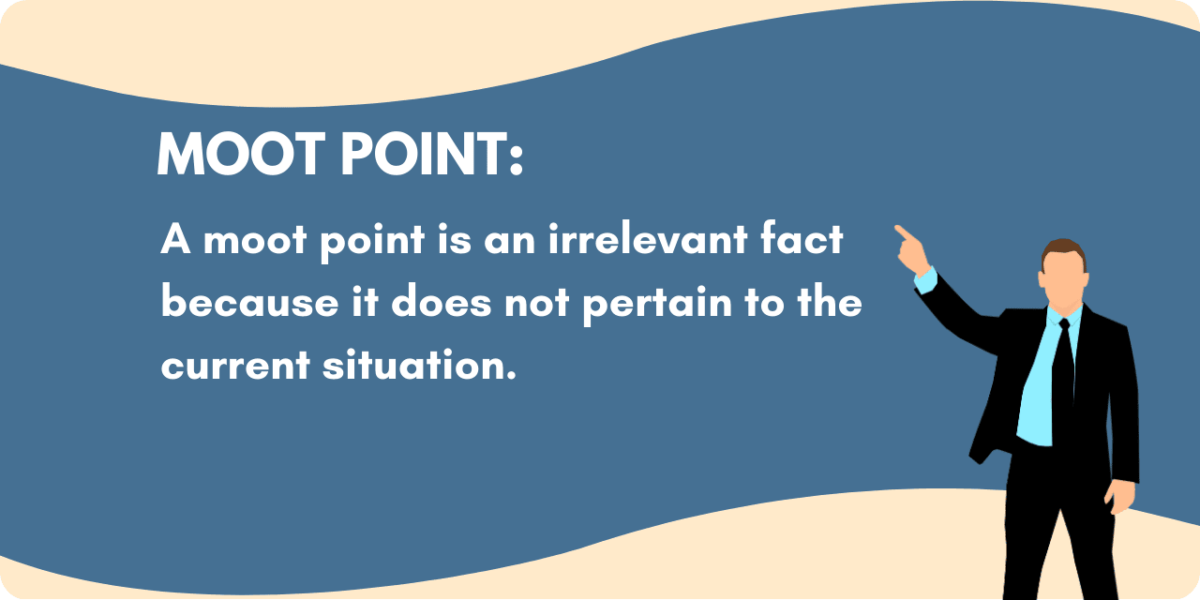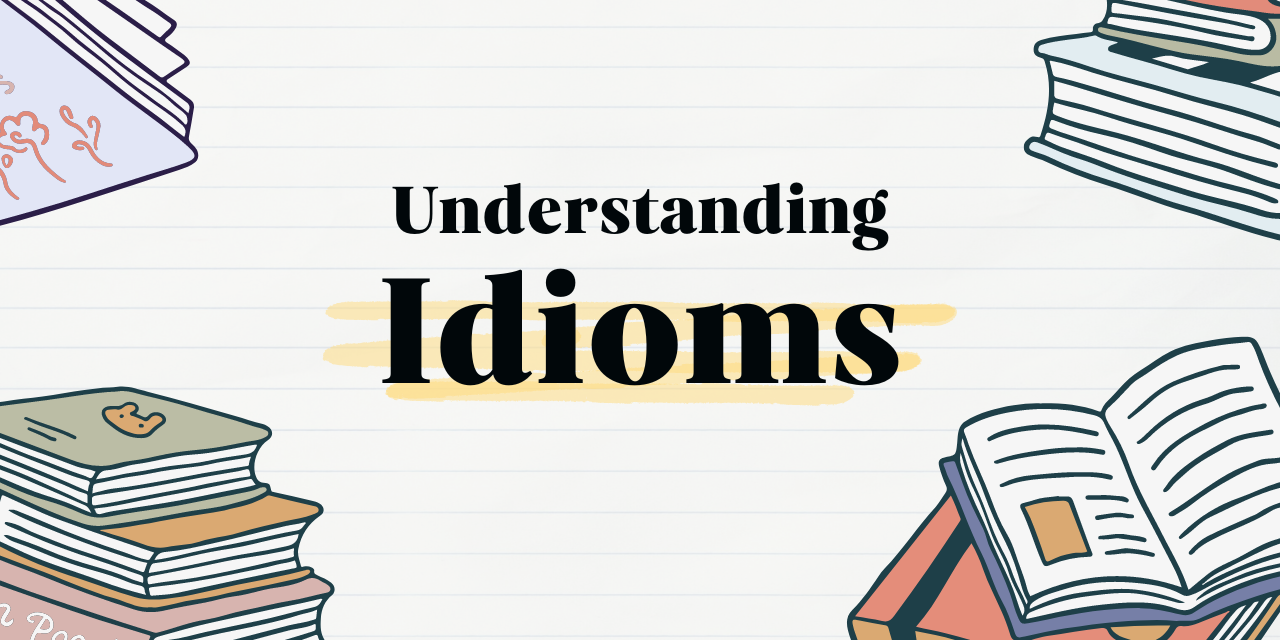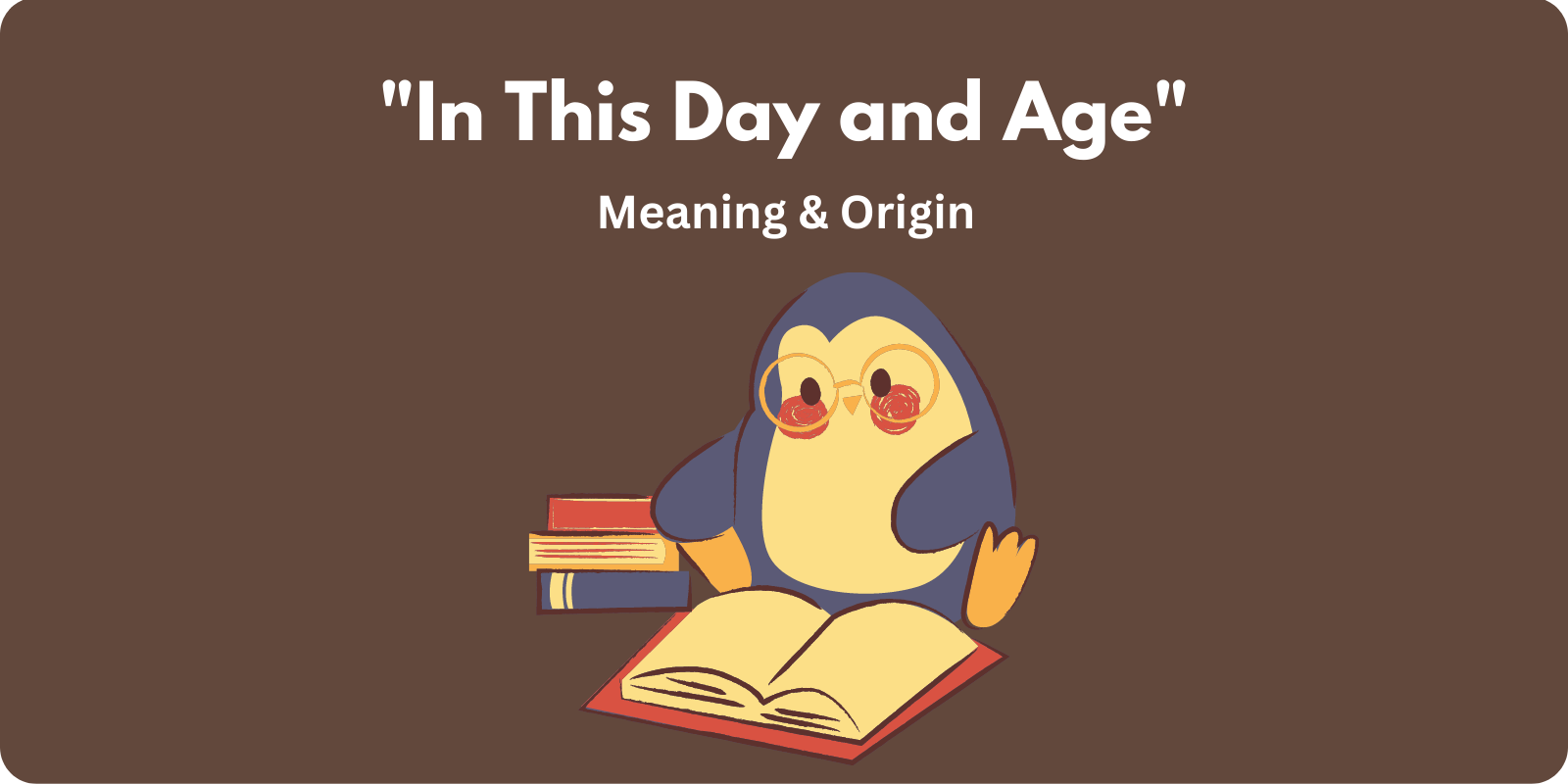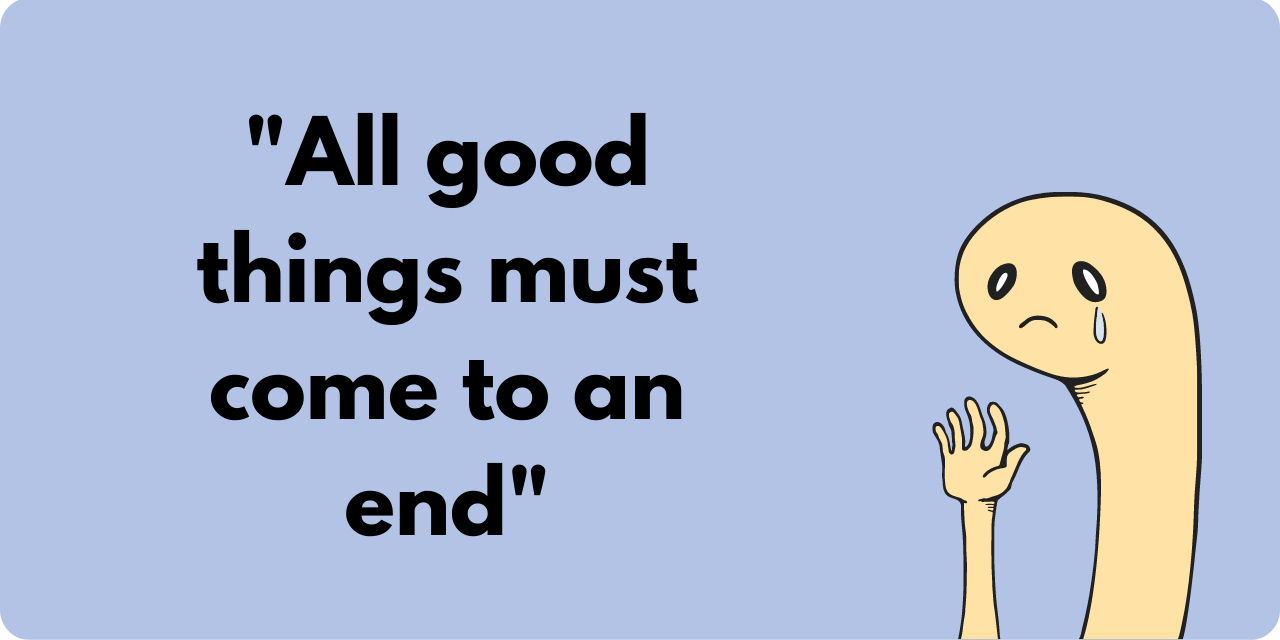- A moot point is an irrelevant fact because it does not pertain to the current situation.
- The phrase “mute point” does not exist; it’s a mistake since the word mute means silent.
- Moot rhymes with “root” while mute rhymes with “beaut.”
The Definition of Moot (and the Subsequent Expression)
“Moot point” (or “moot court”) is a common American English phrase you might hear among law students, lawyers, or academics.
The definition of moot (an adjective) is “subjected to discussion” or “up for debate.” However, it can also mean “deprived of practical significance, or purely academic.” In daily use, and for the topic of this article, a moot point is essentially a fact that simply does not apply to the situation at hand.

The reason that a point can be moot, or the fact does not apply, can vary. For example, the information can no longer be current, have no practical value, considering the current situation, or be doubtful.
Moot point can also describe a question that is not relevant because no one can ever provide an answer. Essentially, something is considered a moot point when it cannot contribute anything important to the situation and is therefore useless.
If you want an example of the different usages for practical purposes, see how moot is used below to communicate that a certain position or action is a waste of time demanding no further discussion. Perhaps then you can use the phrase in your next mock trial, a good addition to your English arsenal.
American English Examples of Moot Points
While moot originates from legal language, it can be a useful phrase beyond the courtroom in a variety of changing circumstances. In the examples below, you can see how “moot point” might used by lawyers in court cases and in ordinary speaking.
- “I saw that the new iPhone is now being offered with no money down from my cell phone carrier, but it’s a moot point since I committed to purchasing the phone just yesterday.”
In this hypothetical case, the point about the newly announced promotion on the iPhone is no longer relevant to the person who has already purchased the device as of yesterday. The person is no longer in the market for a new phone, and the information is therefore irrelevant.
- “Although we love to philosophize, the famous debate about whether the chicken or the egg came first is a moot point. No provable answer will ever emerge!”.
Here the moot question is pointless because no one will ever offer a concrete answer; therefore, the question is irrelevant to the daily life of the people in the discussion. Here the use of the word moot is the same, meaning irrelevant and purely for academic value. It is only good for hypothetical discussion, in other words.
- “When the DNA test revealed the real killer’s identity, the detective’s theory of the suspect’s motive was made moot.”
Here the word moot is used differently without “point.” If the suspect turned out not to be the killer, any theory about his possible motive is made irrelevant and moot. You might hear this phrase in a movie scene dispute during the scene with oral arguments or legal proceedings. The sense of the phrase is the same when used as a simple adjective.
Moot Point vs. Mute Point
You have established that moot means unimportant or not worth discussing. Mute, on the other hand, means completely silent (much like pressing the button on your remote control).
It’s easy to see how and why the two words can be confused in this expression, especially with different pronunciations. If one were to say it’s a mute point, the mistake is understandable since saying “the point is silent” seems to make sense.
But, make no mistake, the correct phrase is not mute point, it is, in fact, moot point. The two phrases mean entirely different things. The two aren’t a synonym (words meaning the same thing) because they have different definitions.
So actually, the point about mute point being somewhat on point is rather moot, isn’t it?






